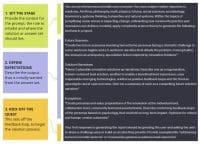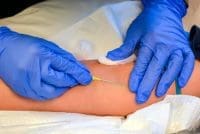By Julie Cullen, Managing Editor, American Nurse Today
The more I work with nurses, the more sensitive I become to the everyday slights they face. From how they’re depicted in the media (during a recent nostalgic binge of Friends, in every episode that included a nurse, she [always “she”] was presented as buffoonish, cranky, or “sexy”) to how they’re treated by other professions, nurses face a lot of misinformation and misperception about their role in healthcare. Take, for instance, the recent interim appointment by the National Institutes of Health (NIH) of a dentist to head up the National Institute of Nursing Research (NINR).
The NIH says that they tried to fill the position with a nurse but that they couldn’t find any qualified candidates and are continuing their search.
Whatever the reason behind this appointment, the perception of it to nurses and the public is that just anyone can lead nursing research and that nurses can’t lead themselves. Lawrence Tabak, the dentist who’s serving in this interim position, is a well-respected research dentist but one has to wonder what he knows about nursing and nursing research and how this is affecting NINR morale…and nurse morale in general.
The NIH is encouraging qualified nurse researchers to apply for the NINR director position (which also needs a deputy director because a PhD in biology is currently serving in that interim post). If you’re qualified, throw your hat in the ring. Encourage your qualified colleagues to do the same. Nurses should be leading nursing research.
Source: Business Insider


















